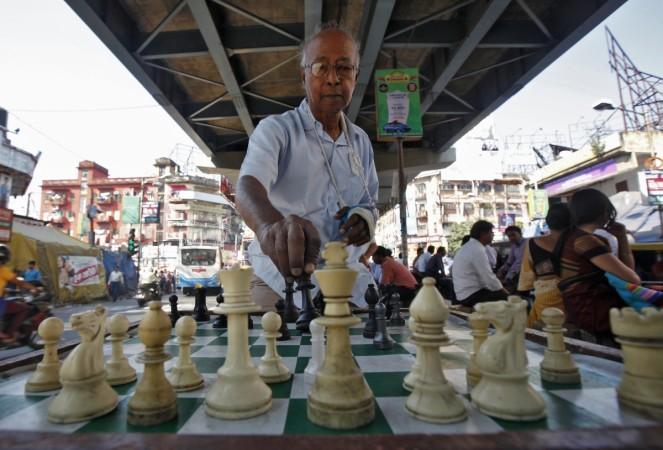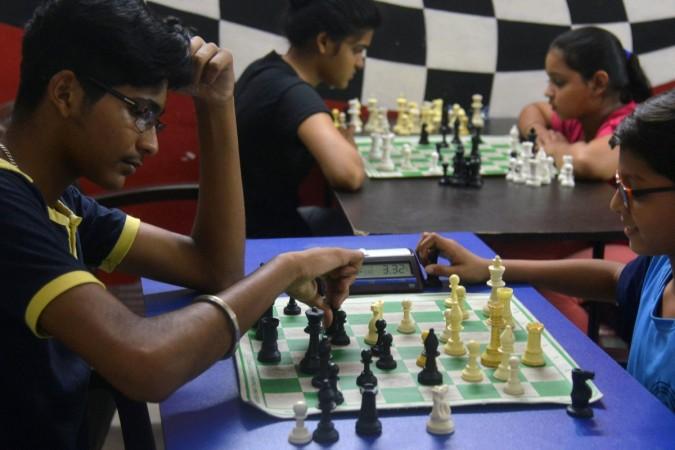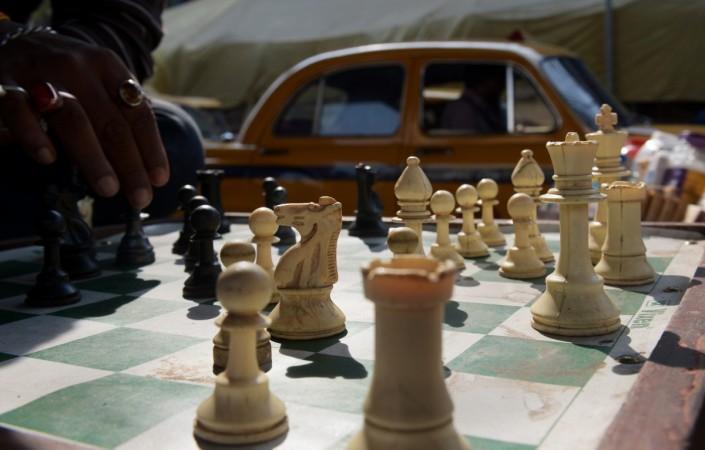
They should have battled over the chess board against several players during the past seven years. Instead, they fought their battles in legal forums against the All India Chess Federation (AICF).
Gurpreet Pal Singh and Karun Duggal both feel that there should be a strong association to represent the players' interests with AICF. However, with a verdict in their favour from the Competition Commission of India (CCI), the two chess players are now quite happy.
"My family, and more so my wife, was fully behind me in the fight against AICF. My wife told me clearly either to leave the chess field with honour intact by winning the case - or with the FIDE, the global chess governing body, restoring my Elo rating on its own. She asked me not the submit an apology letter to AICF," Singh told IANS over the phone.
He also felt it is time for the players' association to reactivate itself and look at protecting the chess players' interests.
The prime time of a sportsperson is very short. I lost the prime time of my sporting career with AICF removing my Elo rating. I was not able to play any tournaments within India. When I tried playing outside India, AICF saw to it that I was not allowed to play there.
On July 12, the CCI held the undertaking prescribed by AICF for players regarding non-participation in events not authorised by it amounts to restraints that are in the nature of exclusive distribution and refusal to deal as defined in Section 3(f) and 3(4)(d) of the Competition Act 2002.
The complaint against AICF was filed by four chess players - Singh, Duggal, Hemant Sharma and Devendra Bajpai - alleging contravention of provisions of Sections 3 and 4 of the Act.

The players had complained to CCI that their Elo rating points were removed by AICF without giving any prior notice due to their participation in the chess tournament sponsored by the Chess Association of India (CAI) in 2010, which was not authorised by AICF.
As per the CCI order, the complainants alleged that AICF also removed ratings of 151 chess players on that ground. According to CCI order, the investigation has revealed that there were other instances of AICF restricting players who had participated in events not recognised by AICF.
In its order, the CCI directed AICF to lay down the process and parameters governing the authorisation/sanctioning of chess tournaments. In doing so, AICF will ensure that they are necessary to serve the interest of the sport and shall be applied in a fair, transparent and equitable manner.
Besides, AICF shall take all possible measures to ensure that competition is not impeded while preserving the objective of development of chess in the country.
According to the order, the AICF shall establish the prejudice caused by a chess player before taking any disciplinary action against him. Needless to say, the disciplinary actions taken shall be proportional, fair and transparent.
The disciplinary actions against the four players and other similar players shall be reviewed by AICF on these lines, the CCI ordered.

Singh said perhaps this is the first time players have won a legal battle against AICF. While his family was behind him, it was in the office that Singh - who is employed in the Railways - felt hurt as some of the colleagues had looked at him as a player banned by AICF.
"Not being able to play even in the department tournaments was really hurting," the 44-year-old Singh said. According to him, AICF has played with chess players' livelihood by removing their Elo rating.
Singh, who as the National Junior Champion in 1994, was 37 with an Elo rating of 2,306 points at the time of revocation. For a chess player, building such a rating is not an easy task.
I did not approach the chess players' association to take up my case. The association was not active at that point of time.
Duggal, a school teacher and twice Delhi State Rapid Chess champion, also expressed similar views. "I also lost my prime sporting time because of the ban. I had an Elo rating of 1,579 at the time of the ban," Duggal said. He said he did not play in the tournaments organised by Chess Association of India - the rival body of AICF - but assisted them as arbiter and in organising the tourney.
There should be a strong association for players to protect their interests. In fact, a member of players' association should be there in the AICF governing council," Duggal said.









!['Had denied Housefull franchise as they wanted me to wear a bikini': Tia Bajpai on turning down bold scripts [Exclusive]](https://data1.ibtimes.co.in/en/full/806605/had-denied-housefull-franchise-they-wanted-me-wear-bikini-tia-bajpai-turning-down-bold.png?w=220&h=138)



